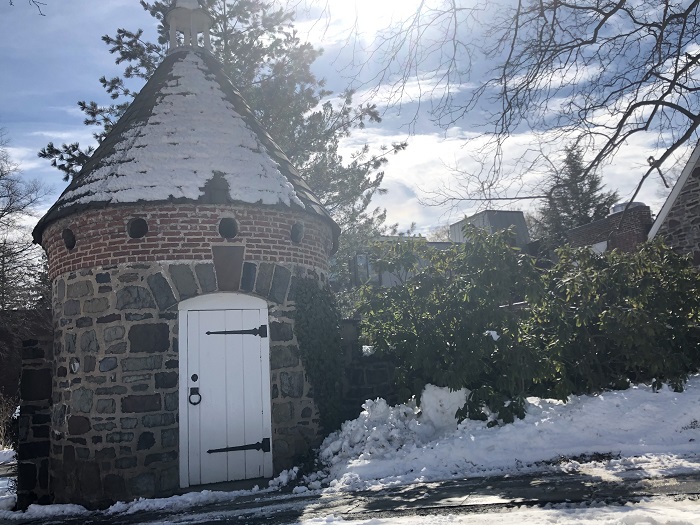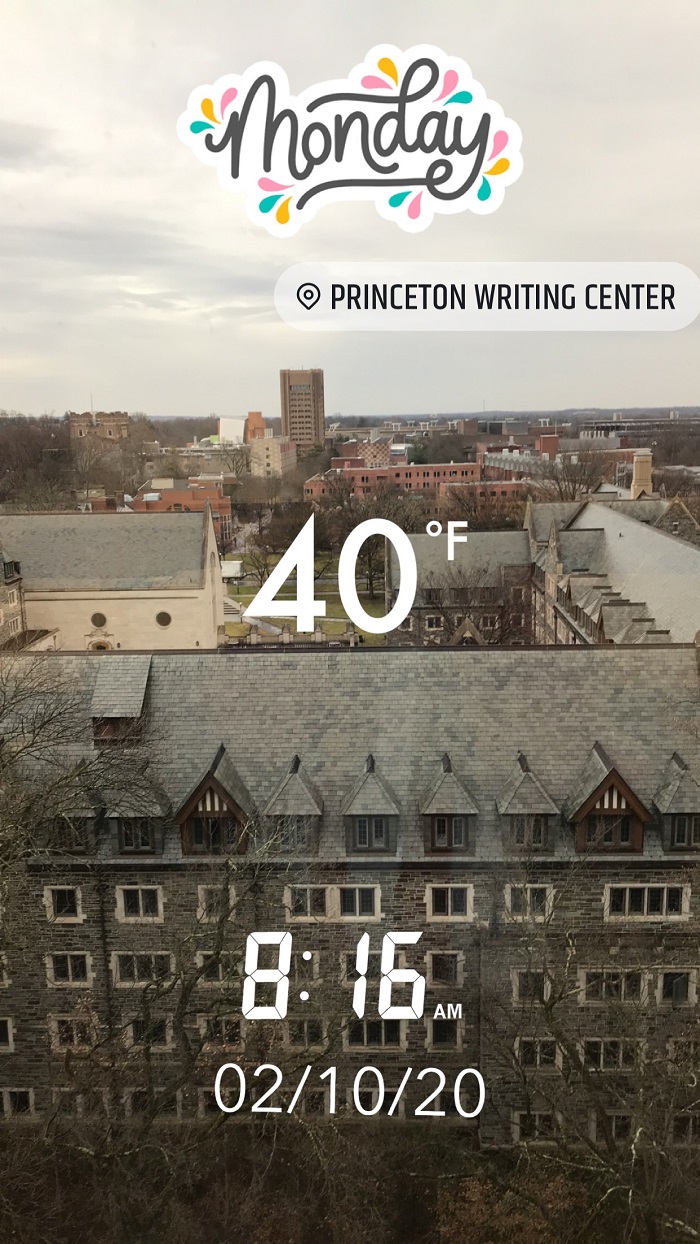In my very first semester at Princeton, I took a history seminar that sparked my interest. It was about Princeton’s history and connection with slavery, and was being taught at a time when colleges and universities around the country were being asked to reckon with the ways in which the institutions of slavery had contributed or continue to contribute to their identities today.
The class itself was fascinating, however I want to discuss the part of the class that immediately felt the most intimidating — the reading! Before I came to college, everyone told me to be prepared for incredibly large workloads, including heavy amounts of reading. When making my college decisions, I noticed that Princeton courses, in particular, had very large reading requirements. This class was described as having 200+ pages of reading per week, which had me worried, but I decided to enroll anyway.
At first, I was overwhelmed. To make matters worse, the rest of the class, all juniors and seniors, seemed to take the workload in stride. Given all the time I was spending taking notes on the weekly readings, I started to wonder if I was really cut out for the Princeton course load.
It was only after I spoke to the other students that I learned I was approaching the workload all wrong. While Princeton courses, especially those in the social sciences, do tend to have heavy reading requirements (though 200 pages is really on the high end), part of being a Princeton student is figuring out how to engage with these sources effectively and efficiently. I developed four strategies for tackling the readings. Here’s what I learned:
- How not to let heavy reading requirements deter me from taking a class or question whether I fit in at a place like Princeton.
- How to approach readings more thoughtfully, to focus on the most salient points and make notes about those points instead of trying to crystalize and retain every single idea.
- How to do readings in a specific order, from less specific to more specific, was a useful way to better understand the connections between readings and to ensure I was understanding and retaining the key information.
- How to annotate and take notes more effectively, realizing that for me it was often better to read books on paper versus on the computer.
While my approach to reading more effectively developed gradually over my time at Princeton, I am grateful that I stuck with that original course, and that my classmates were so generous with their advice and tips. To all prospective Princeton students, I hope this post serves as a reminder that while the adjustment to college can feel intimidating, and might even be difficult at times, it is manageable and that sometimes it just requires asking others for advice and making small adjustments in attitude and perspective.








